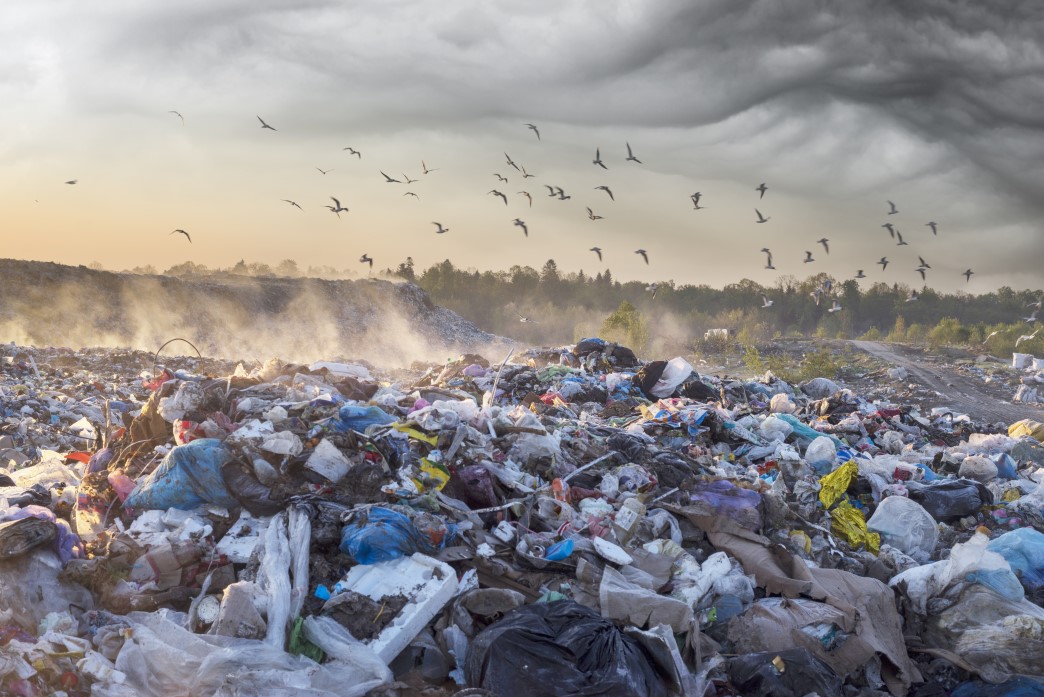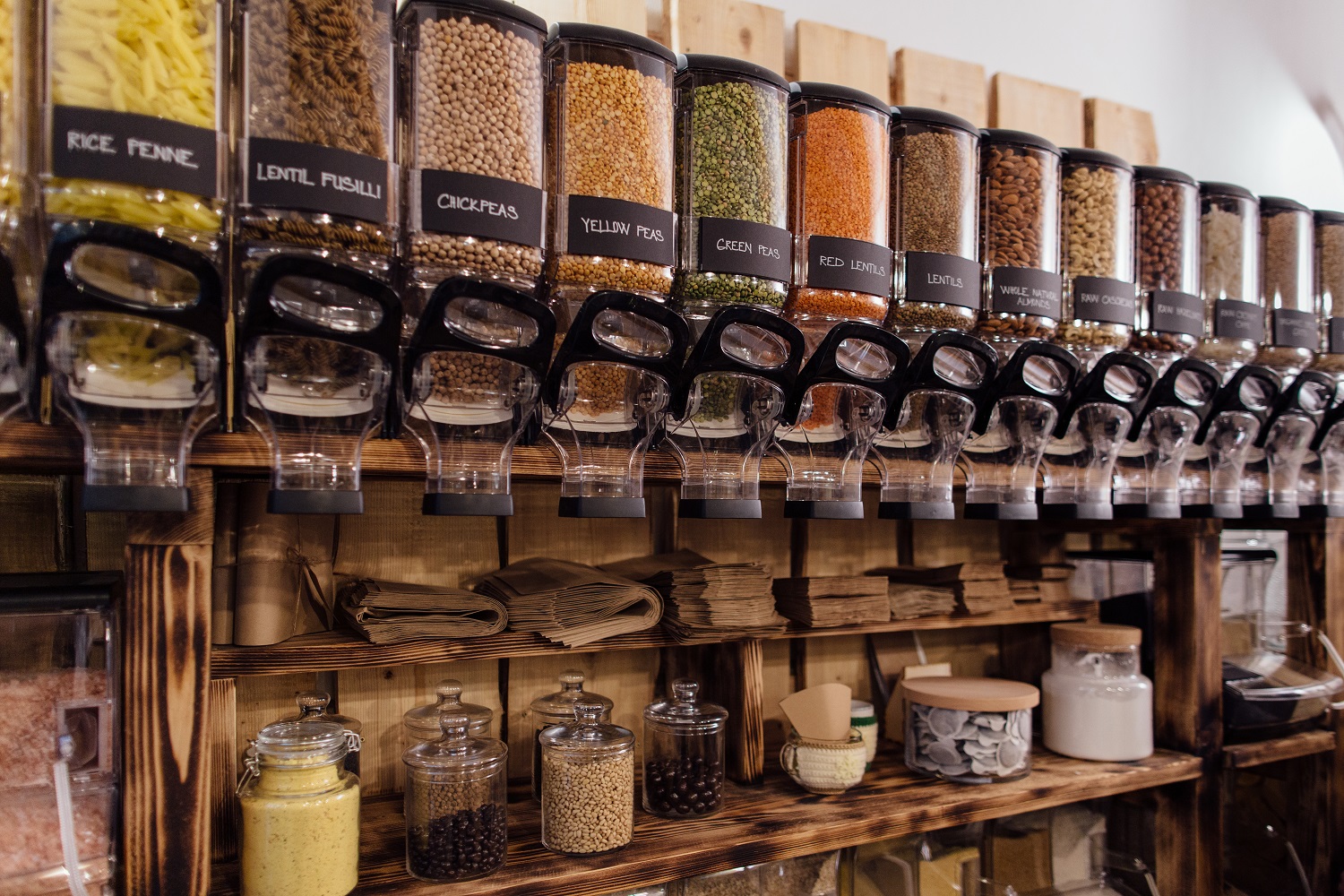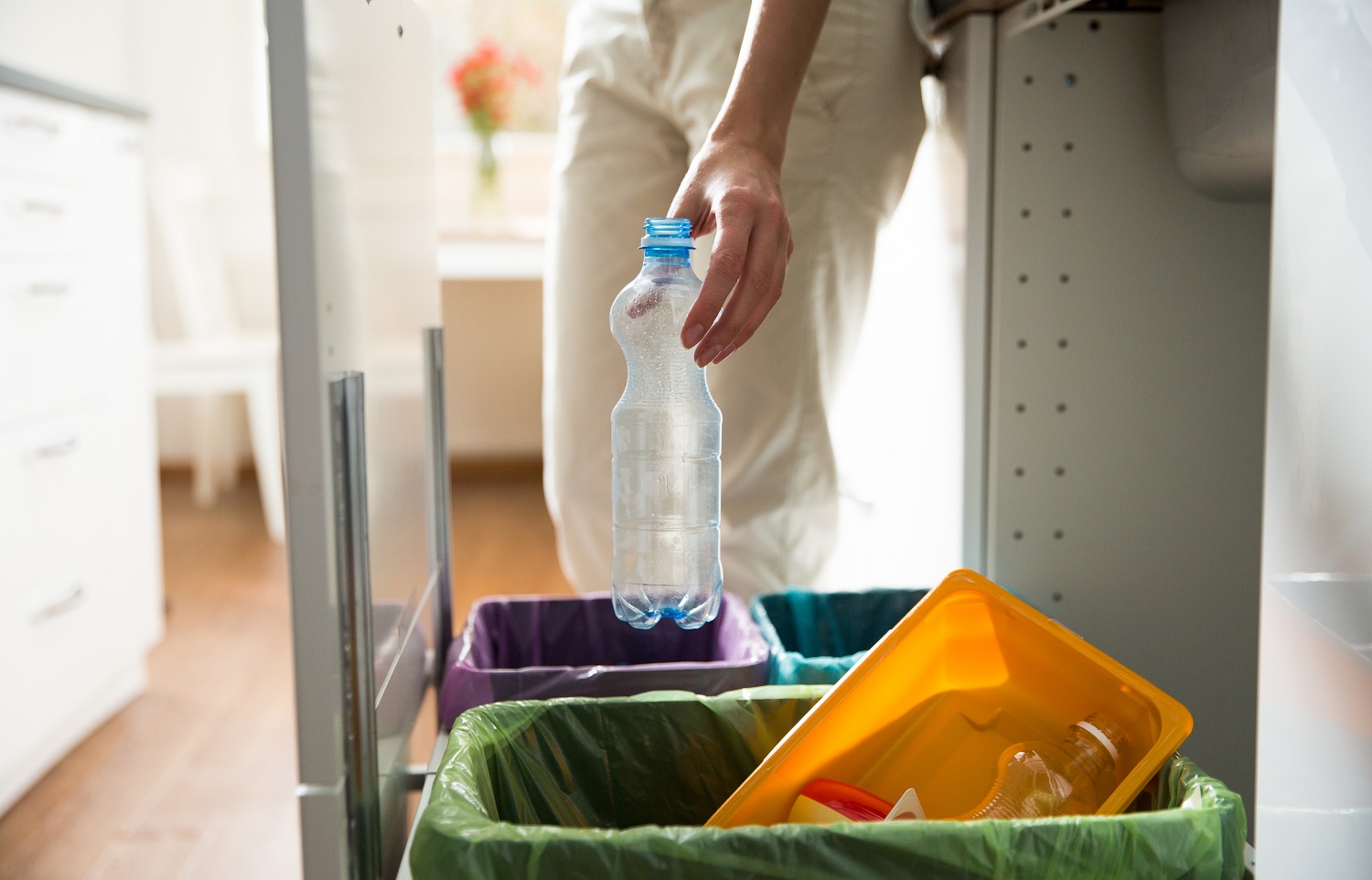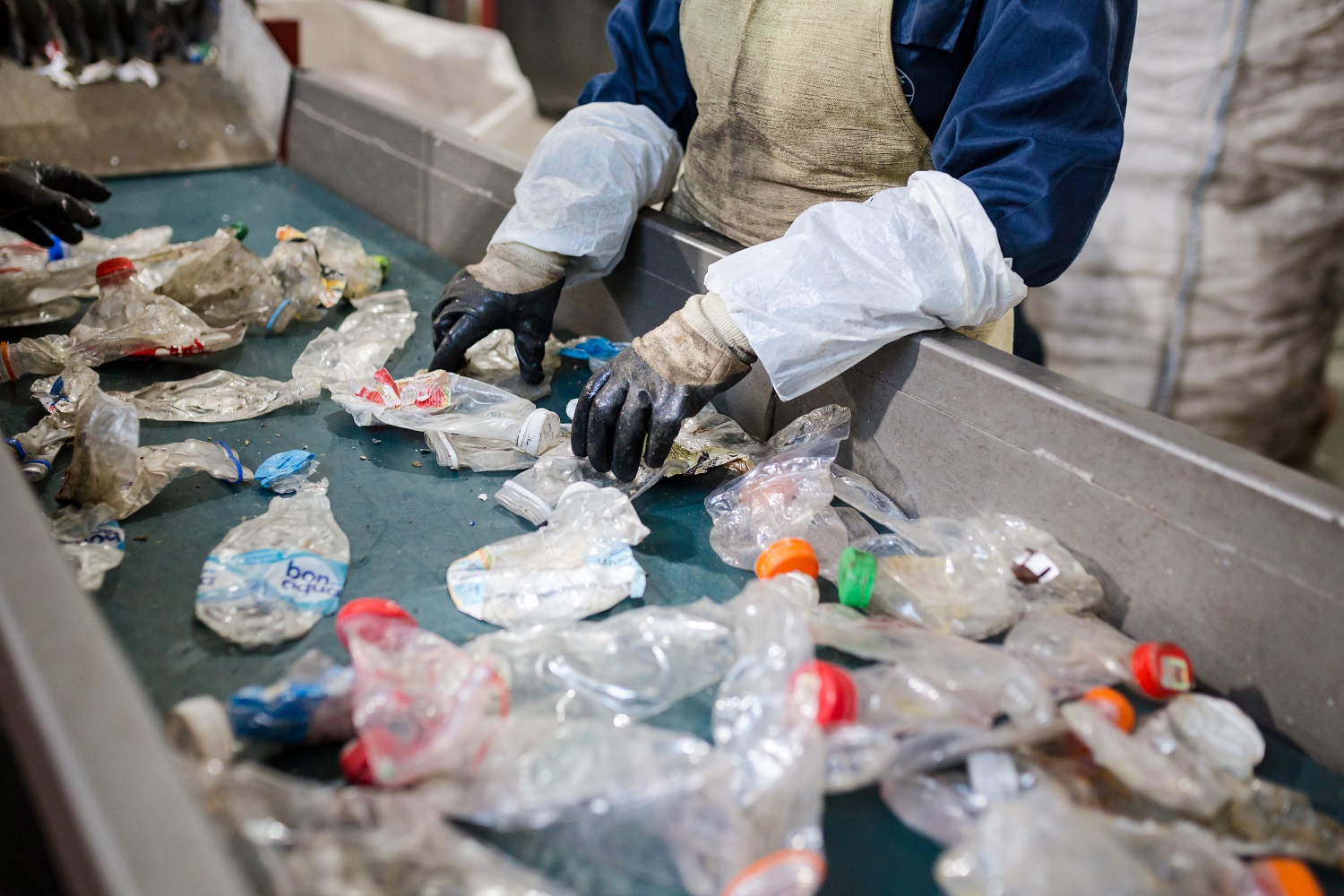Simple ways to reduce, reuse and recycle plastic
In recent years, many people have woken up to the plastic pollution problem. Lockdown especially, has motivated people to live greener lives: the Independent found that a third of UK households are practicing greener habits since lockdown began last March.
Plastic pollution can feel overwhelming. But, a simple rule that many people use when wanting to reduce plastic pollution, is Reduce, Reuse, Recycle. This method can help limit your plastic use, use it more effectively and dispose of it sustainably.
The most effective way to implement this rule is to reduce your plastic waste as much as you can, and when that’s not possible, try repurposing it, and use recycling as your last resort.
How to reduce your plastic use
You probably don’t even realise how much plastic you use in your daily life. An odd straw, your take-out sandwich packaging, coffee cups and pre-packaged vegetables, it all adds up! To be specific, 400 million tonnes of plastic is produced each year and 40% of that is single-use. Although all plastic is biodegradable, it can take thousands of years. Even then, tiny particles called ‘microplastics’ never fully degrade, which is what ends up polluting our ocean and choking marine life.
Solving the issue at the root is key, so trying to reduce your plastic use as much as possible helps to preserve the finite resources on Earth and reduce the amount of plastic sent to landfill and our oceans. Luckily, with some acknowledgment and forward planning, you can drastically reduce your single-use plastic waste.

Our top tips:
Bulk buy – less packaging is used to make bigger products than multiple individual products, and it’s usually cheaper too. For example, buy one larger bottle of shampoo or washing detergent rather than two smaller bottles.
Invest in reusable containers – on average, a school child’s packed lunch creates 67 pounds of waste each year. Making lunch in a Stasher Bag can save millions of plastic bottles going to landfill as they’re endlessly reusable, with multiple purposes! Check out all the ways you can use your Stasher Bag. Additionally, having reusable cutlery in your handbag can come in useful when you’re out and about. Our bamboo set comes with a cotton pouch so you don’t have to worry about any mess, and you could save 466 pieces of unnecessary plastic each year.
Buy a reusable water bottle – the UK uses more than 35 million plastic bottles every day, which is crazy. Carrying around a reusable water bottle can drastically reduce your plastic use and save you endless pennies.
Buy a reusable coffee cup – similarly, we throw away 2.5 billion coffee cups every year in the UK. Worse yet, only one in 400 are recycled. Reusable coffee cups come in a range of styles so you can carry a shot of your personality around too, whilst saving the planet. Some coffee shops like Costa, Pret a Manger and Starbucks offer a small discount if you use your own cup too, so do your research.
Buy loose – where possible, opt for loose fruit, vegetables and dry goods and make the most of the bulk aisle or local refill shops.

How to reuse the plastic you already have
Eliminating plastic altogether is nearly impossible, so don’t beat yourself up. It doesn’t mean you’ve failed at this whole sustainable thing, it just means you have to work a little harder. Think of it as an exciting project instead, and get creative!
Reusing is one of the easiest and most efficient ways to be sustainable. By fashioning plastic into other products, it reduces the amount of plastic waste polluting our Earth and preserves more energy and materials used to make entirely new products.
The easiest way to begin this journey is considering the packaging before you make a plastic purchase.
Our top tips:
Reuse ice-cream tubs or takeaway plastic containers – use them to organise your drawers and cupboards, put leftovers in, save odd bits of vegetables in the freezer, or take it with you shopping to fill up in the bulk aisle.
Reuse your plastic bags – use them again and again (keep a couple in your car or handbag so you’re never caught out) for your groceries and dog waste. Also, use them as bin liners or putting dirty laundry in.
Reuse your plastic bottles – use them as a watering can for your plants or refill them with a new purpose, with your favourite shampoo perhaps. For more fun, transform them into bird feeders. And remember, each time a plastic item is recycled, extra plastic is added to ensure durability (each piece of plastic can only be recycled two to three times), so try to reuse an item multiple times before recycling it.
For loads more tips to reduce and reuse your plastic waste at home, read our helpful waste management guide.

How to recycle correctly
Of the 26 million tonnes of waste produced in the UK each year, only 45% of it is recycled: 12 million tonnes are recycled and 14 million tonnes are sent to landfill.
Recycling isn’t as simple as popping your plastic items in the green bin. Unfortunately, not everything you put in the recycling bin will actually get recycled. This happens for multiple reasons, which is why you should always check the packaging and your local council’s recycling rules.
Many of the products we buy are packaged in multiple types of plastic. This is why it’s important to be vigilant when recycling as too much of one plastic in the wrong bin, could render the whole lot as non-recyclable.
I have to admit, I’ve been a culprit of ‘wish-cycling’ but I have seen the error of my ways! When we hope something is recyclable because it seems like it would be, rather than checking, we risk contaminating lots of other recyclable materials. It only takes a few seconds to double check so try making it a habit.
It can be confusing but check out our at home recycling guide to find out what can be recycled and what all the different symbols mean.

Our top tips:
Don’t recycle anything smaller than a credit card – little pieces like straws, paper clips and plastic lids get caught in recycling machinery and shut down the equipment. Try to keep the lid for items as they can be recycled as one entity, but not separately.
Be mindful – pay attention to your habits. We suggest undertaking a waste audit to keep on track of your habits, and find a sustainable solution.
Wash and dry your products before recycling them – if only a rinse, make sure any excess food has been washed off.
Put recycling bins in more than one room – to save you time and ensure you’re recycling properly, pop recycling bins in the bathroom and bedroom too, even if it’s just a reused plastic bag on the door handle.
Squash cardboard and bottles in the bin – make room for more waste to reduce how often you fill your bin up.
Here at SaveMoneyCutCarbon we believe that the little things add up to make a big difference. By joining our Home Club you can find all the best tips and tricks for better sustainable living.
